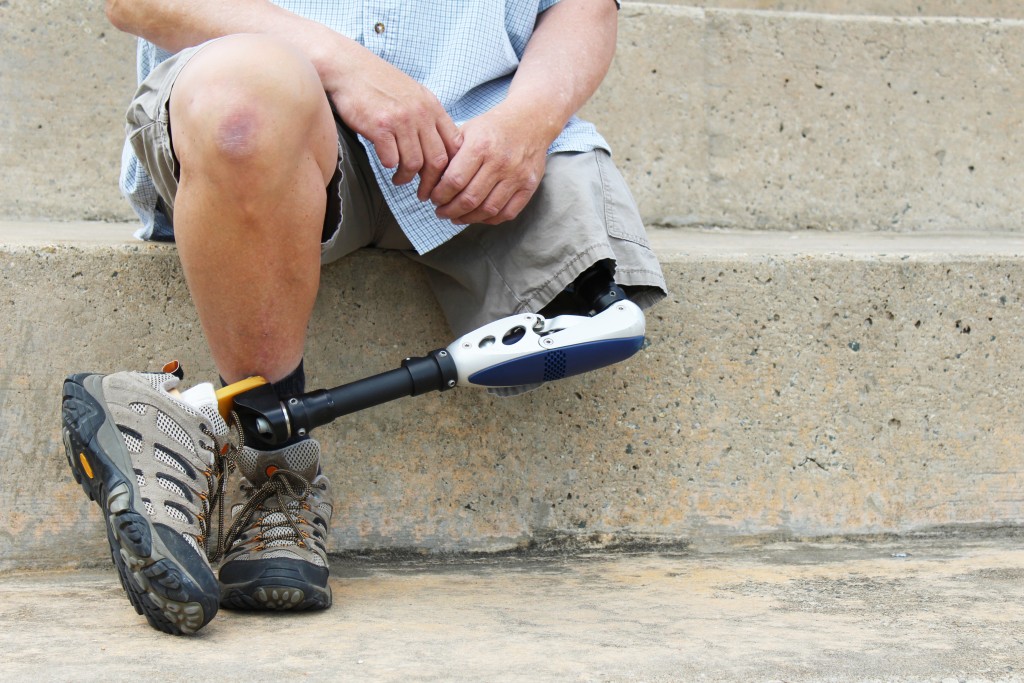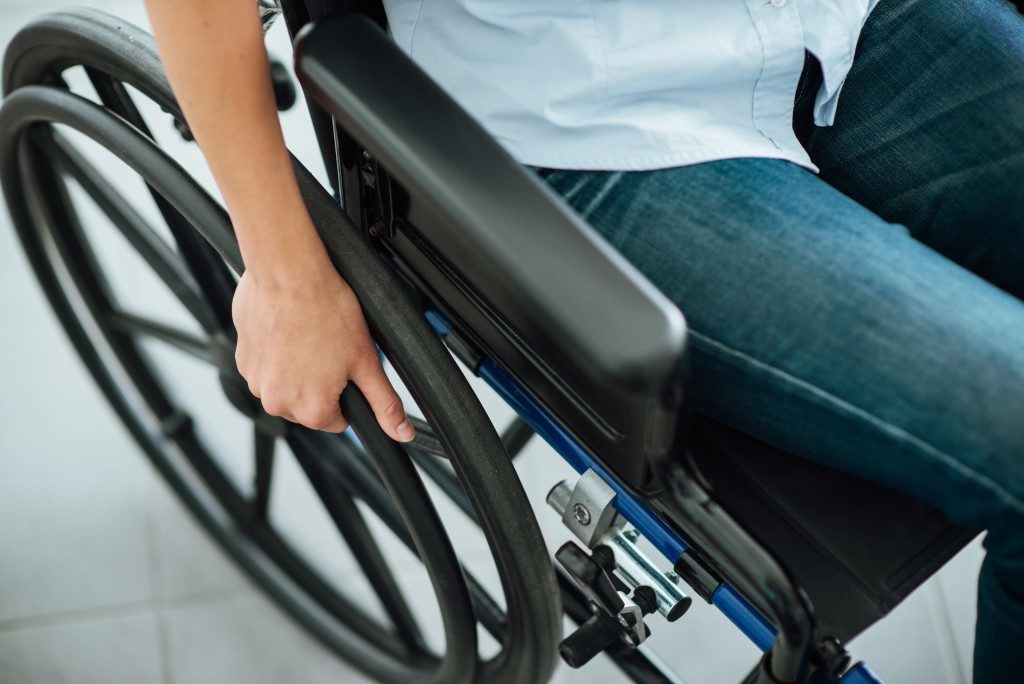Move Forward: Living with Disability

Your disability does not define you. Understandably, it is easier to say the line than to believe it, especially if your physical disability is fairly new. Getting stuck in the idea of the past is inevitable. The road towards acceptance is difficult. The same way it’s challenging to transition from the life you knew to the life you have now.
Your body’s limitation can feel like your life’s limitation— which is not the case. Coping truly begins after acceptance. Going forward does not merely pertain to a directional movement; going forward is also a state of mind. Although living with a disability is tough, it doesn’t mean you can’t be happy and satisfied. Some people are utilizing their knowledge in industrial design and law to provide an environment that is livable and comfortable for people with disabilities.
Many others are going through the same journey. There are people, too, whose disabilities are not physically manifested. According to the 2015 American Community Survey, Virginia has the highest percentage of citizens with disabilities. Utah is among the list of states with the lowest population of persons with disability. Disability claims in Utah are covered by the federal Social Security, as Utah does not have a state disability insurance program.
The country continues to look after its people, as it should. From requiring restrooms in establishments for disabled people to providing them with financial support, the world outside is ready to be of help. The questions now are: Are you ready for the world? Have you been kind to yourself ever since? Are you already in the healing process?
Here are some other ways to help you get through:
1. Let yourself to grieve.

Labeling emotions as positive or negative can be unhealthy. It gives people the idea that “negative” emotions, like grief, should be brushed off, so the focus can turn to the “positive” ones. That should not be the case. All emotions are valid. They are meant to be felt. Do not be tough on yourself for grieving over what was lost, yet at the same time, do not let it get the best of you by wallowing on it for too long.
There will be days when you feel fine already, only to relapse the following day. It’s normal. Emotions are not stagnant. They will shift from anger to despair— quickly and unintentionally. Keep in mind that this does not make you any less strong. You are merely being human.
2. Take your time to adapt.
It’s not easy to accept a loss, to accept the change in your life you didn’t choose. Instead of mulling over what-could-have-been, you can spend the time researching about the tools and technologies which can reduce the impact of disabilities in your life. Avail whichever adaptive tools are needed for your condition. Remove the stigma behind the use of aids such as canes, wheelchairs, and prosthetics. In addition, be aware of your legal rights. Know how the law protects you in case something terrible happens.
3. Accept support.
Your family and friends will play a more prominent role in your recovery period. Nurture the connections you have with them. Enjoy positive and healthy activities together to remind yourself that your disability cannot dictate your life. This is also a period where you can join a disability support group to meet people like you. On top of that, consider going to a psychiatrist to help you process your feelings.
Moving forward is tough. Make sure you have the proper arsenal to create a world worth living.




